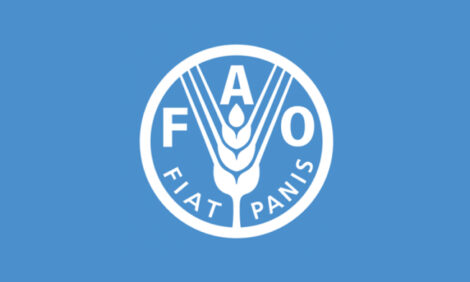



DairyCo Investigates Supply Chain Price Movements
UK - A new DairyCo report issued today (29 July) concludes that some of the issues that arise from price movements along supply chains could, in part, be addressed with changes to the way contracts are written.The report takes a long term look at the markets using data from as far back as 1990, analysing how and when price movements are carried through supply chains. It considers Asymmetric Price Transmission a feature that can occur when price movements among related parts of the supply chain are in some way “uneven”.
“Prices in a supply chain can be asymmetric when they move in the same direction but not at the same time, or at the same rate,” explains market intelligence manager Michael Archer.
“Usually, a price movement in one part of a supply chain will result in a price movement in another related part of the chain, after a typical delay or “lag” period."
“However, asymmetric price movements occur when this lag period is unusual – for instance, a price in one part of the chain takes a very long time to react to a change in another. Our report looks at whether there is asymmetric price transmission, to what extent it is happening and how it has affected dairy supply chains over a long term period.”
The results of the report are most relevant to farmers with market-orientated contracts, and Mr Archer stresses that if a contract price is not designed to follow other market prices, you cannot expect it to.
“The key point is for farmer and milk buyer to understand and agree the mechanism for setting prices,” says Mr Archer.
“If the policy maker was looking to reduce the likelihood of asymmetric pricing, addressing issues in the standard terms and conditions that exist in dairy production contracts would go some way towards meeting this objective."
TheCattleSite News Desk


